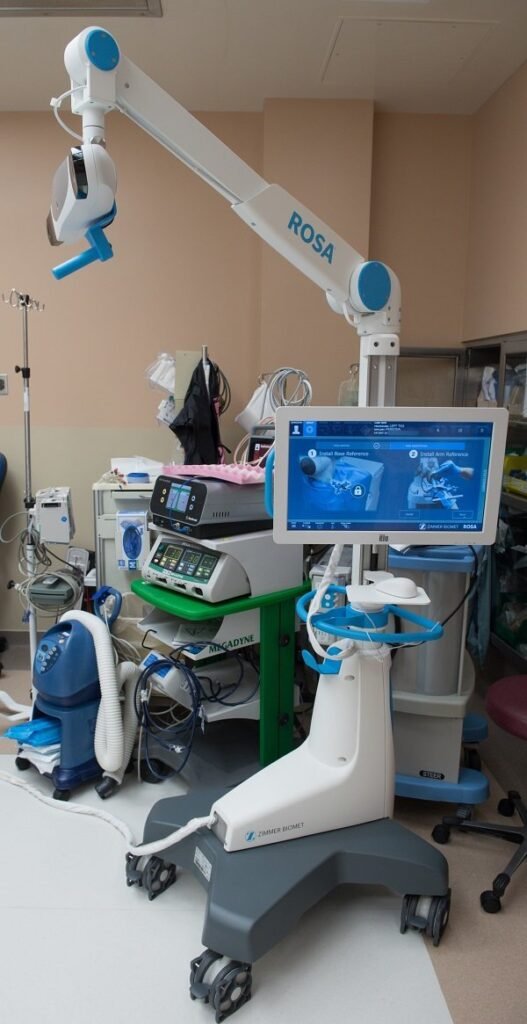Electrotherapy (IFT, TENS, Ultrasound, EMS)
Electrotherapy is a branch of therapy that utilizes electrical stimulation for therapeutic purposes. It has gained significant popularity and acceptance in the medical field due to its non-invasive nature and its ability to effectively treat a variety of conditions. This article will explore some of the most commonly used forms of electrotherapy, including Interferential Therapy (IFT), Transcutaneous Electrical Nerve Stimulation (TENS), Ultrasound therapy, and Electrical Muscle Stimulation (EMS).
Interferential Therapy (IFT): is a form of electrotherapy that uses medium-frequency electrical currents to relieve pain, reduce inflammation, and promote healing. It works by delivering two high-frequency electrical currents that intersect and create a low-frequency therapeutic current within the body. This low-frequency current penetrates deep into the tissues, providing pain relief and stimulating the body’s natural healing processes. IFT is commonly used in the treatment of musculoskeletal conditions, such as back pain, sprains, and strains.
Transcutaneous Electrical Nerve Stimulation (TENS): is another popular form of electrotherapy that uses low-voltage electrical currents to alleviate pain. TENS units consist of small, battery-operated devices that deliver electrical pulses to the skin through electrode pads. These pulses stimulate the nerves, effectively blocking pain signals from reaching the brain. TENS is widely used for the management of chronic pain conditions, including arthritis, fibromyalgia, and postoperative pain.
Ultrasound therapy: is a technique that utilizes high-frequency sound waves to treat musculoskeletal injuries and promote tissue healing. During an ultrasound therapy session, a handheld device called an ultrasound transducer is used to deliver sound waves to the affected area. These sound waves create vibrations within the tissues, generating a gentle heat that increases blood flow and promotes tissue repair. Ultrasound therapy is commonly used to treat conditions like tendonitis, bursitis, and ligament injuries.
Electrical Muscle Stimulation: (EMS): also known as neuromuscular electrical stimulation, involves the use of electrical currents to activate muscle contractions. EMS devices deliver controlled electrical impulses to the muscles, mimicking the body’s natural signals and causing the muscles to contract and relax. This therapy is often employed for muscle strengthening, rehabilitation after injuries, and improving muscle function. It is also used in fitness training to enhance muscle tone and increase endurance.
All these forms of electrotherapy share a common goal: to provide therapeutic benefits by utilizing electrical stimulation. They offer non-invasive and drug-free options for pain relief, tissue healing, and muscle rehabilitation. Moreover, these therapies are generally safe and well-tolerated when used correctly, although they may have contraindications for certain individuals, such as those with pacemakers or epilepsy.
It is essential to note that electrotherapy should be administered by qualified healthcare professionals who have a thorough understanding of the techniques and appropriate treatment protocols. They can determine the appropriate settings, duration, and frequency of therapy based on the individual’s condition and needs.
Electrotherapy has become increasingly popular in the field of healthcare due to its efficacy and non-invasive nature. Interferential Therapy (IFT), Transcutaneous Electrical Nerve Stimulation (TENS), Ultrasound therapy, and Electrical Muscle Stimulation (EMS) are widely used forms of electrotherapy, each with its own set of therapeutic benefits. These techniques have been proven effective in pain management, tissue healing, and muscle rehabilitation. However, it is crucial to seek professional guidance before undergoing any electrotherapy treatment to ensure safety and optimal results. Dr. Dalal provides ultrasound treatment in his electrotherapy clinic in Pune.


Dr. Shrikant Dalal
MBBS, DNB - Orthopedics/Orthopedic Surgery Spine Surgeon (Ortho), Spine And Pain Specialist, Joint Replacement Surgeon

